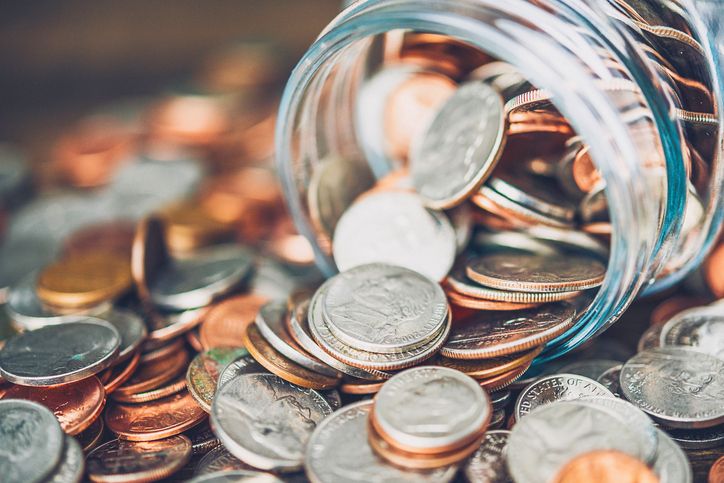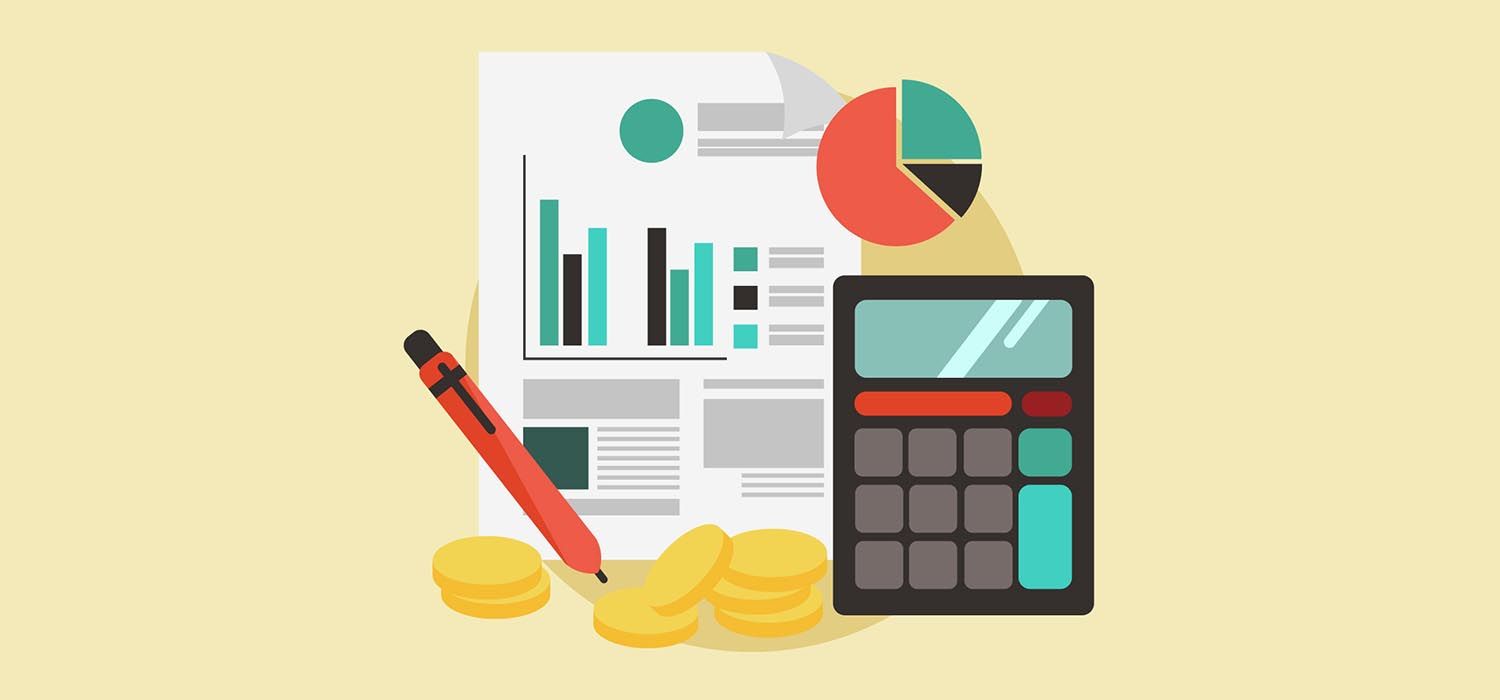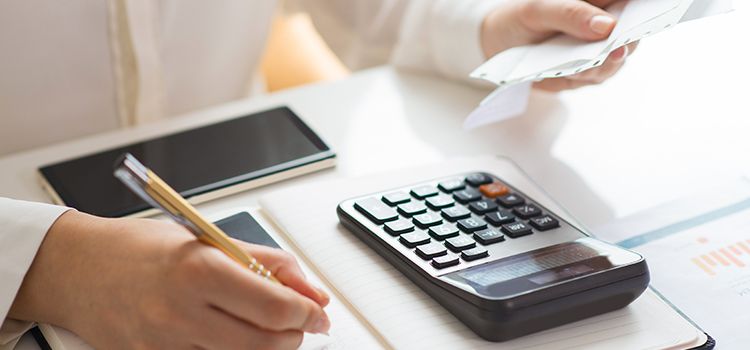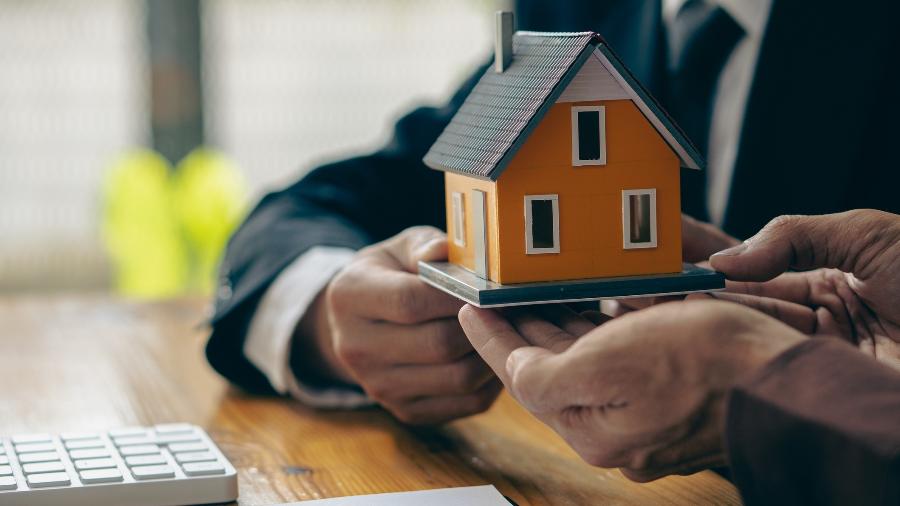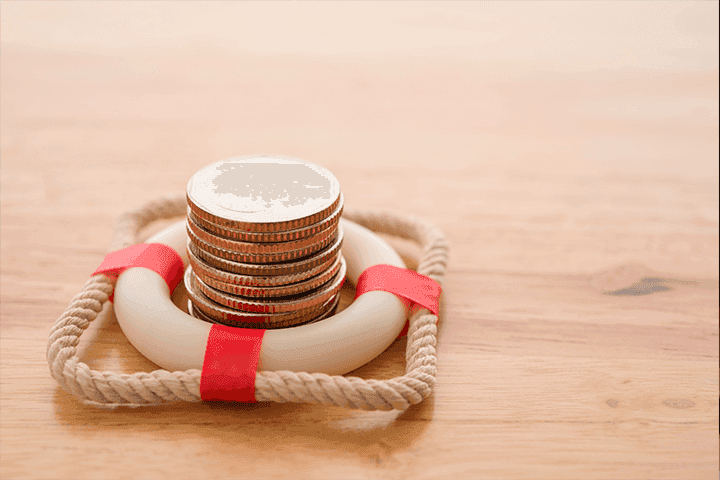
An emergency fund is a reserve of money that is used to deal with unforeseen or unexpected situations.
It is important to have one to avoid falling into debt or having to borrow money in case of an emergency. However, many people do not know how to start building one.
What is an emergency fund?
An emergency fund is a savings set aside to cover unforeseen expenses or emergency situations, such as job loss, illness or home repairs.
It is important to have an emergency fund to avoid going into debt or having to resort to high-interest loans in case of an unexpected situation.
Why it is important to have an emergency fund
Having an emergency fund is crucial for any individual or family. Life is full of unforeseen and unexpected situations that can jeopardize our financial stability.
An emergency fund allows us to be prepared to face these events without having to resort to loans or going into debt.
In addition, having an emergency fund gives us peace of mind and security.
Knowing that we have an economic backup in case of any eventuality allows us to sleep better at night and reduce daily stress.
How to calculate how much you need for your emergency fund
To calculate how much money you need in your emergency fund, you should consider the following factors:
- Your monthly expenses: You should consider how much money you spend each month on your basic expenses, such as rent, utilities, food and transportation;
- Your debts: If you have outstanding debts, you should add them to your monthly expenses;
- Your income: You should consider how much money you earn each month and how much of that income you can save;
- Your risk level: If you have a stable and secure job, you may have a smaller emergency fund. If you have an unstable job or are self-employed, you will need a larger emergency fund.
Once you have considered these factors, you can calculate how much money you need in your emergency fund.
How to save for your emergency fund in 6 months
To build a 6-month emergency fund, you need to save a significant amount of money each month.
Here are some tips to help you save:
- Set a goal: Decide how much money you want to save in 6 months and divide it by the number of months you have to reach it. This will give you an idea of how much you need to save each month;
- Create a budget: Analyze your monthly expenses and find areas where you can cut back. Create a realistic budget and be sure to include an amount to save each month;
- Save automatically: Set up an automatic transfer from your checking account to your savings account each month. This will help you save without having to think about it;
- Sell things you don't need: Go through your belongings and sell what you don't use or need. You can sell items online or at thrift stores.
Look for ways to earn more money: Consider doing extra work or selling services such as tutoring or tutoring.
Where to keep your emergency fund
Once you've built your emergency fund, it's important to know where to keep it so it's available in case of need.
Here are a few options:
- Savings account: This is the most common and safest option. Look for an account that offers a decent interest rate and no maintenance fees.
- Checking account: You can also keep your emergency fund in a checking account, but be aware that interest rates are lower.
- Certificate of Deposit: If you don't need immediate access to your money, you can invest in a certificate of deposit (CD) with a higher interest rate. However, keep in mind that if you withdraw the money before the agreed-upon term, there may be penalties.
- Money market mutual fund: A money market mutual fund is an option for those seeking a higher interest rate and easy access to their money.
What to do if you have an emergency and need to use your fund
If you find yourself in an emergency situation and need to use your emergency fund, it is important to follow these steps:
- Assess the situation: Before taking any action, make sure you understand the nature and severity of the emergency. Is it a medical emergency? A household problem? A job loss?
- Check your budget: Make sure you have enough money in your fund to cover the emergency expenses. If you don't, you'll have to look for other options to get the money you need;
- Don't use credit cards: If you have a credit card, it may be tempting to use it to cover emergency expenses;
- Use the fund only for emergencies: Remember that the emergency fund is only for unforeseen and urgent situations. Do not use it for unnecessary purchases or expenses;
- Create a plan to replenish the fund: Once you have used your emergency fund, it is important that you create a plan to replenish it as soon as possible.
Remember that having an emergency fund is essential to protect your personal finances and be prepared for any eventuality.
Follow these tips and you will be ready to face any unforeseen situation that may arise.

